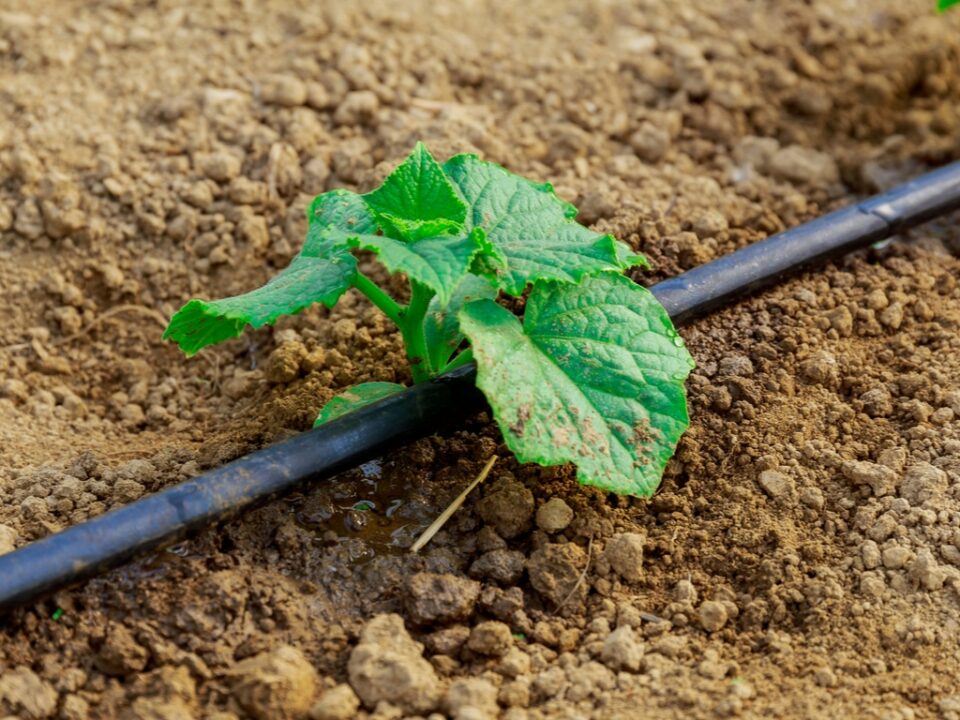The United Nations Development Programme (UNDP) and the Common Market for Eastern and Southern Africa (COMESA) have launched a Climate Smart Agriculture (CSA) initiative in Uganda. This resilient agriculture aims to optimize farmers’ agricultural yields and reduce food insecurity due to climate change in the country.
In Uganda, the agricultural sector contributes 24% of the gross domestic product (GDP) and provides 64% of employment. But agriculture, which is highly sensitive to climate change, is succumbing to frequent floods and prolonged droughts that cause farmers to lose their crops and livestock. In response to these concerns, the United Nations Development Programme (UNDP) and the Common Market for Eastern and Southern Africa (COMESA) are emerging as allies for Uganda through a project called “Building Resilience in Agricultural Landscapes and Value Chains.”
Launched in 2019, this Climate Smart Agriculture (CSA) initiative has already been implemented in several districts such as Kamuli located in the east of the country, Buyende not far from Lake Kyoga and Namutumba populated by nearly 23,000 people. In these locations, Ugandan government partners have been conducting activities to increase farmland yields while conserving soil and water resources by building the capacity of farmers, school children, and local government extension workers. Workshops to teach climate resilient farming practices were also conducted with farmers.
“I learned many AIC methods and technologies, and I chose to start with permanent planting ponds because they are deep, they collect and save water for the plants, prevent any runoff water from leaving the garden thus trapping nutrients that might run into it. This technique helps crops grow healthily even when rainfall is low,” says Sharifa Ntono, a young farmer and president of the Young Generation Bandela Farmers Center International, based in Bulondo village.
According to UNDP, the use of tractor-drawn rippers has enabled the production of herbicides for weed control and allowed farmers to plant early and expand the area under cultivation. These practices allowed farmers to engage in large-scale production and increase crop output.
Climate-smart agriculture
Climate-smart agriculture (CSA) is an approach that identifies actions needed to transform and reorient agricultural systems to effectively support agricultural development and ensure food security in the face of climate change. This technique has three main objectives, including sustainably increasing agricultural yields and incomes, ensuring food security, adapting and building resilience to the impacts of climate change, and reducing or eliminating greenhouse gas emissions.


